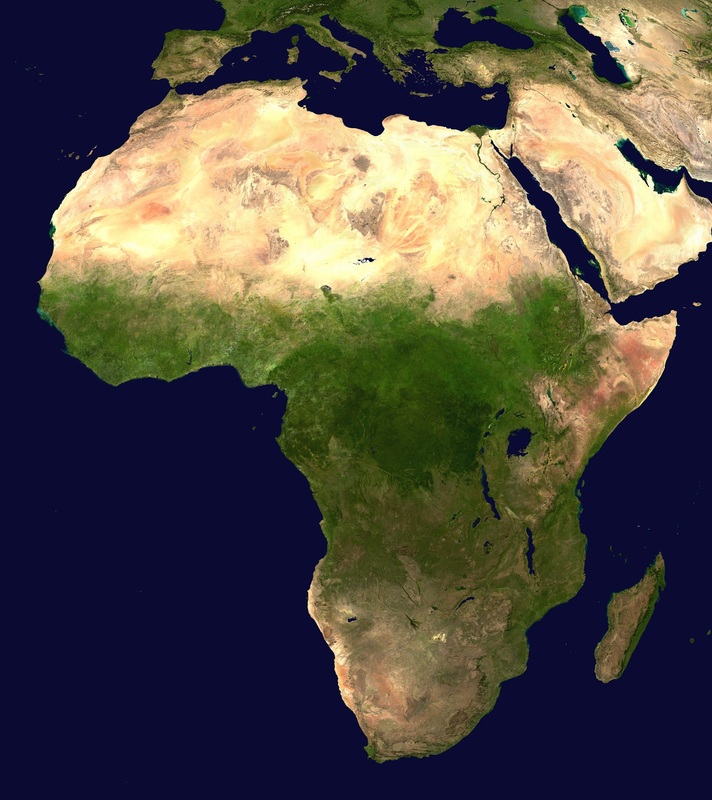The economy of countries tends to collapse when the country has internal conflict, political corruption, and disease. These components render some of the most productive members of the economy. Without proper aid and jobs, this sets the climate for the current economic status. Also, poor political actions has led to stalemate in some economies, showing no sign of growth. Out of the 54 continental states in Africa, a few are ranked some of the poorest countries in the world, for example; Madagascar, Equatorial Guinea, Angola, Guinea, Swaziland, Comoros, Eritrea, Lesotho, Benin, and Cote D’Ivoire. It is great to see that the multi million dollar agreement was recently announced in Abu Dhabi. From gulfnews.com, "Abu Dhabi Fund for Development (ADFD) is set to extend Dh110 million in soft loans to the Republic of Madagascar for the construction of a 117 kilometre two-lane road and seven bridges that will connect key rural areas of the country." Click here to read the full article. From October 20−November 4, An International Monetary Fund (IMF) staff team led by Mr. Harry Trines, Mission Chief for Comoros. They visited Moroni to conduct discussions for the 2014 Article IV consultation. The mission met with President Dhoinine Ikililou and held discussions with Vice President and Minister of Finance Mohamed Ali Soilihi, Minister of Planning Alféine Soifiat Tadjiddine, Governor of the Central Bank Abdou Mohamed Chanfiou, Councilor to the President and Permanent Secretary of the Economic and Financial Reform Agency Chei Oubeidi, and other government officials, representatives of the private sector, unions, and the donor community. At the conclusion of the mission, Mr. Trines issued the following statement: “While Comoros has made notable progress in recent years and macroeconomic policy making and economic performance have improved since the adoption of the new constitution in 2009, much remains to be done to consolidate and accelerate inclusive economic growth through continued focus on policies that emphasize macroeconomic stability and improvements in infrastructure, and that foster structural reforms that improve the competitiveness of the economy and strengthen the business environment. (2) They document went on to discuss what has led them to existing climate, from inflation, to improper government spending, and went on to say, “Comoros faces many challenges. In the near term, the government must strive to find a better balance between the resources available and expenditures so that it can avoid the incurrence of arrears, particularly on wages and external debt, and make allocations to some important initiatives. Urgent action is also needed to improve the reliability of the energy supply, a key constraint to growth. For the medium term, the key challenges are to create fiscal space for infrastructure investment and social spending through greatly strengthened revenue mobilization, accelerate inclusive growth and employment generation, and reduce poverty, while also strengthening resilience against external shocks, including natural disasters." In order for something to change, the rest of the world has to wake up to make a serious contribution to this state, from businesses to non profits, and individual citizens in the area who can make an impact. It is important to note that the IORA tourism ministers plans to improve the tourism in the area by better air and maritime links for Indian Ocean. Tourism is always a very efficient way to stimulate growth in an economy. You can read more about this from seychellesnewsagency.com. Organizations and individuals who are making an impact in the area continues to grow. Us over at YourInfoDaily.com are committed to assisting in furthering the development of these countries. Issues such as political corruption, economic barriers, combating the hot weather conditions (drought), the battle over natural resources, and illnesses and diseases, all need to be discusses on a Public forum and communicated in several languages. source;
0 Comments
Leave a Reply. |
Archives
July 2024
|
Love You Dreaddi | Stopwatch Creative | Colaeb | It's Bigger Than Business Podcast | Terms of Use | Submit | Est. 2014


